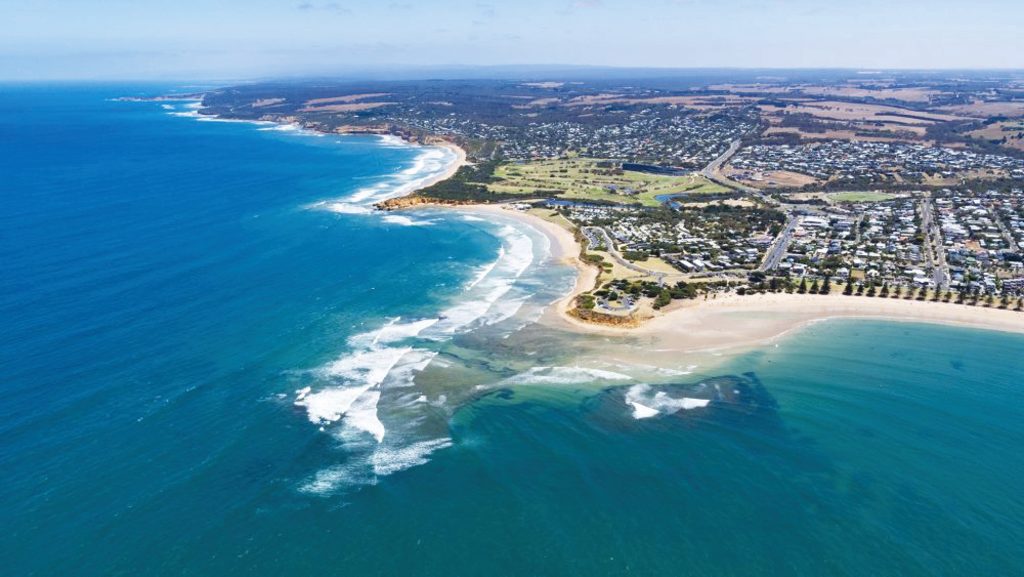Sea rises, extreme weather to threaten coast
RISING seas could threaten coastal communities and natural disasters would become more common in coming decades unless urgent action is taken to address climate impacts, according to environmental projections.
A leading Australian climate researcher has praised the Surf Coast’s response to climate risks and is confident that continued strong action will prevent worst-case effects.
The Intergovernmental Panel on Climate Change (IPCC) released its latest climate change report last month, which outlined climate impacts and its effects on ecosystems, biodiversity and human communities.
The review has raised alarm among climate advocates who said an immediate response was necessary to mitigate against worst-case scenario impacts.
It warned of losses to natural and human systems in low-lying coastal areas due to sea-level rises, which could cause one-in-100-year flood events to occur several times within the same year as soon as mid-century.
Climate Council research director Simon Bradshaw said the sea-rise threat posed a tangible risk to local communities.
“We should be very worried, but we should also recognise, what we do over this decade to move beyond fossil fuels is going to strongly influence how bad things get,” Mr Bradshaw said.
“When it comes to sea level rise, it might make the difference between things happening at a pace that we have some chance of adapting to and things happening too quickly so that we can’t.”
Mr Bradshaw said high seas and powerful storms had also had a visible impact at the Surf Coast through coastal erosion.
Erosion at Surf Coast shorelines has caused a recent spike in cliff collapses and threatened key coastal community assets.
The report also found that 2019 was the hottest year during the 110-year investigation period from 1910 to 2019, while nine of the hottest 10 years during the same span all happened after 2005.
Mr Bradshaw said an increase in the number and severity of severe heat waves would pose health risks across Australia and raise fire risk at prone forested areas such as the Otways.
But he said there was cause for optimism that the region could dodge the most damaging impacts if its commitment to action became more widespread.
“The Surf Coast has shown a lot of leadership in this regard; you look at the actions of the Surf Coast (Shire) council and groups like Surfers for Climate that are carrying the voice so powerfully,” Mr Bradshaw said.
“It’s very clear from the report that every action we take now, in the next year and the next decade will be reducing the scale and impact we would otherwise be seeing if we just continue to let things rip.
“The responsibility is with all of us, with governments, with businesses, with local communities.
“It’s really encouraging to see so many people on the Surf Coast taking strong action.”


















